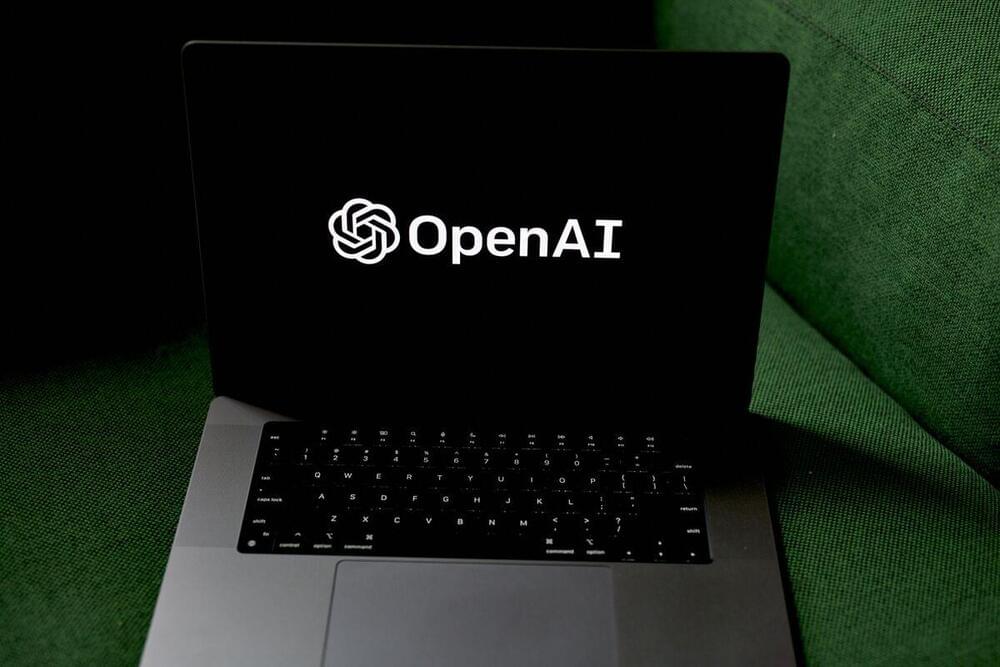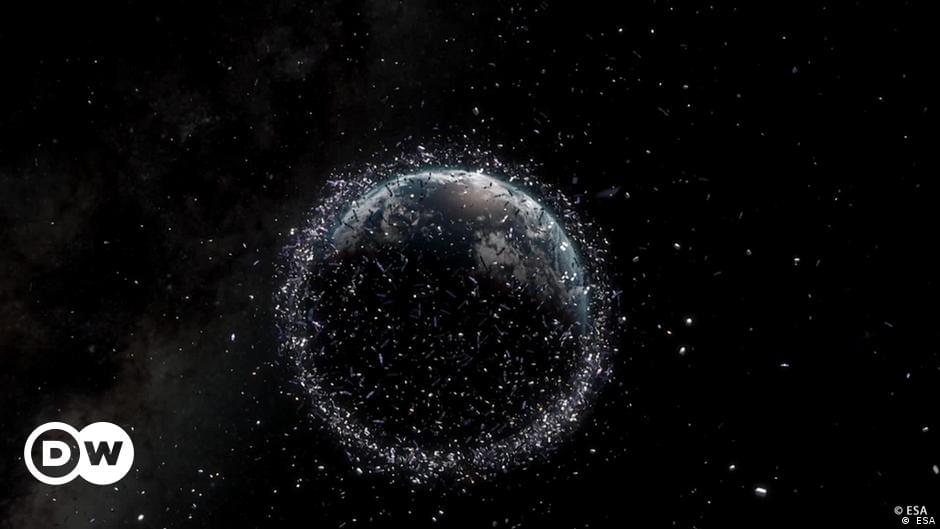Noting that some theropod dinosaurs had large brains, large grasping hands, and likely binocular vision, paleontologist Dale Russell suggested that a branch of these dinosaurs might have evolved to a human intelligence level, had dinosaurs not become extinct. I offer reasons why the likely pallial organization in dinosaurs would have made this improbable, based on four assumptions. First, it is assumed that achieving human intelligence requires evolving an equivalent of the about 200 functionally specialized cortical areas characteristic of humans. Second, it is assumed that dinosaurs had an avian nuclear type of pallial organization, in contrast to the mammalian cortical organization. Third, it is assumed that the interactions between the different neuron types making up an information processing unit within pallium are critical to its role in analyzing information. Finally, it is assumed that increasing axonal length between the neuron sets carrying out this operation impairs its efficacy. Based on these assumptions, I present two main reasons why dinosaur pallium might have been unable to add the equivalent of 200 efficiently functioning cortical areas. First, a nuclear pattern of pallial organization would require increasing distances between the neuron groups corresponding to the separate layers of any given mammalian cortical area, as more sets of nuclei equivalent to a cortical area are interposed between the existing sets, increasing axon length and thereby impairing processing efficiency. Second, because of its nuclear organization, dinosaur pallium could not reduce axon length by folding to bring adjacent areas closer together, as occurs in cerebral cortex.
Keywords: avian brain; axonal length; connectivity; dinosaur evolution; humans; intelligence; troodon.
© 2023 The Authors. The Journal of Comparative Neurology published by Wiley Periodicals LLC.









